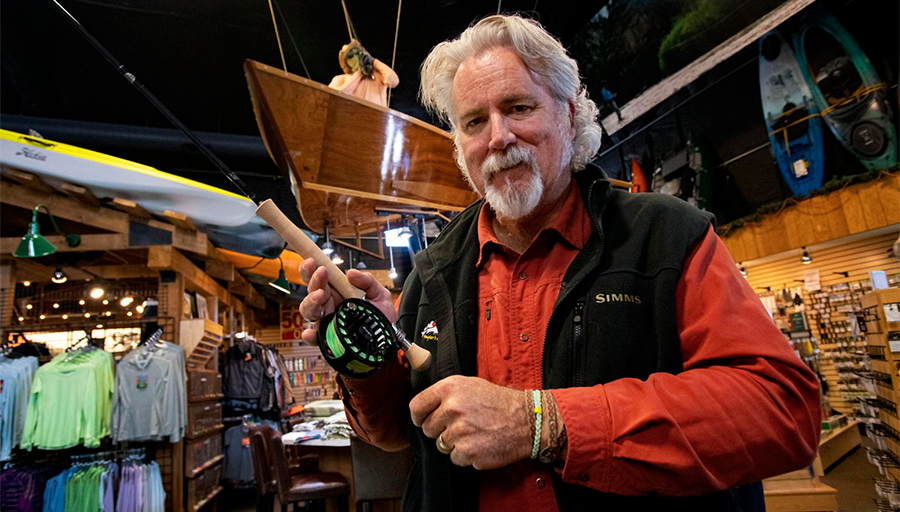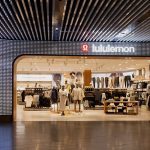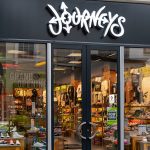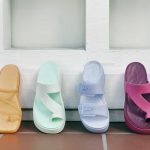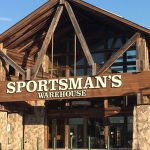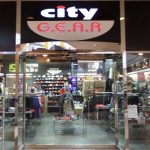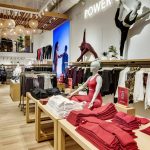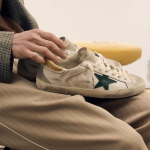By Thomas J. Ryan
<span style="color: #a1a1a1;">On a recent OIA webinar, the owners of three outdoor indies — Angler’s Covey, The Hive and Wild Iris —discussed the opportunities being created as consumers have gone out of their way to support small businesses and local shops as their stores have reopened amid the pandemic. With social-distancing capping other leisure opportunities, chances to land new customers have also expanded significantly as people head outdoors.
But much of the webinar focused on the challenges the stores have been facing recouping their losses amid store closures and reinventing their business models with new online pushes, curbside pickup, adjusted hours, and other moves. Managing staffing and safety protocols as stores reopen has been a major hurdle. The owners also agreed that the opportunities available for outdoor retailers created by the pandemic may only be around for a limited time.
Participants of the webinar, which was part of OIA’s Campfire Conversations series, included:
- Chris Hogue, Head of Strategy, Live Area, a digital commerce agency
- David Leinweber, Owner, Angler’s Covey, Colorado Springs, CO, shown above
- Pam Schwarbach, Owner, The Hive, Madison, WI
- Amy Skinner, Owner, Wild Iris, Lander, WY
- Deborah Williams, Director of Marketing & Communications, OIA
All three chains saw their businesses rebound in May after seeing their sales largely evaporate with stores closed since mid-March with the emergence of the pandemic. The rebound is being attributed to pent-up demand as the economy reopens but also strong support for local shops. Said Skinner, “Our locals were calling and saying, ‘How can we help? We want to make sure your doors stay open.’”
Leinweber is likewise seeing a “big push” to support local. He said, “I’ve had people just walk in and say, ‘What you got? I just want to help you out.’”
But Leinweber also believes the spike in popularity of outdoor activities is because other opportunities, citing youth sports and summer camps, have been shut down. Said Leinweber, “There’s an increased focus on how do we spend time with our kids doing something outdoors, but that’s also safe.”
The outdoors shift served as another reminder to Leinweber that while Cabela’s, Bass Pro, REI and other sellers of outdoor gear are often seen as the competition, any other activity such as team sports that takes time away from outdoor pursuits are as well. Said Leinweber, “They can’t do those things but they can go outdoors. And so, I think my business is up because fishing is safe.”
He further believes the opportunity is limited because football and other currently off-limits activities will return. Said Leinweber, “So I think there’s a huge opportunity but it’s a short-term thing because those things will eventually open up. There’s a great opportunity to kind of capitalize on that right now.”
Seizing The Outdoors Opportunity
Hogue stressed the importance of a community-driven loyalty program for local stores to engage customers that may be coming in because they want to shop local or because of the newfound interest in the outdoors. He said, “You may never have the opportunity again to attract people in the way that you can now because of the lack of any other competition for those eyeballs. So as they come in, make sure you get them hooked on hiking, getting outdoors, fly fishing, etc.”
For local stores, one challenge presented by the pandemic has been consumers buying directly from vendor websites as stores have been closed. Hogue said the branded sites may have offered a “somewhat enjoyable” experience with the brand, including an expanded line of products.
But a loyalty program that supports community engagement can help the local shop stand out. He said it doesn’t have to rely heavily on “just points per dollar spent,” but offering rewards for reviewing products online, sharing posts on social media, or asking for input on what products the store should carry. Hogue said, “There’s a lot of ways to really engage people with the community part of your store so that they don’t necessarily hop off and go the direct-to-consumer relationship.”
One outreach opportunity for local outdoor shops has been tapping the increased media attention with many outlets following the story of outdoors’s appeal due to COVID-19. Leinweber said he received about a dozen media calls in May. He said, “We’re the outdoors and we’re a safe place. And these media companies just kind of gobbled us up.”
The Hive’s Schwarbach said she has had similar attention from local TV stations but she highly recommends networking with other local businesses to drive traffic.
Her neighborhood Business Association was able to negotiate a public radio deal as well as free newspaper print ads. Schwarbach also said a locally-owned grocery store started a gift card fundraiser. For every $25 gift card to a local business, the recipient received $25 off their groceries. Said Schwarbach, “That was a huge, huge promotion for them and a great kickback for both local restaurants and local retailers.”
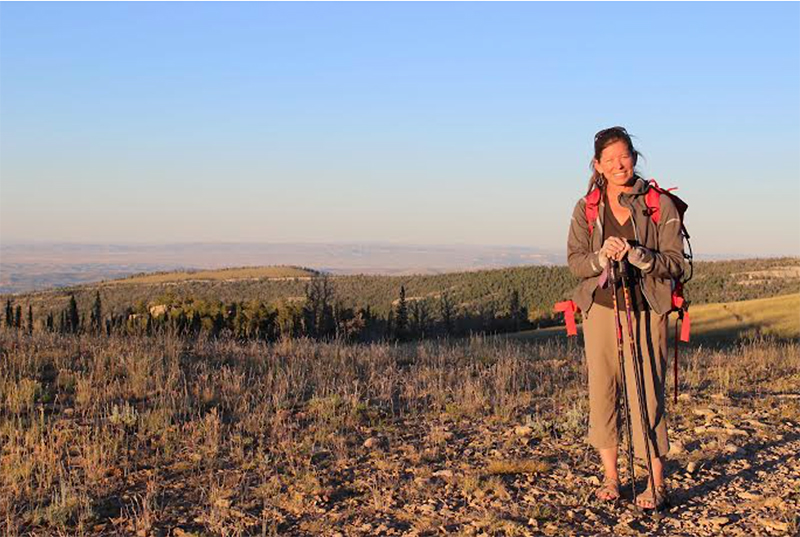
Wild Iris’ Skinner introduced a major gift card program that saw 5 percent of any gift card purchase going directly to the store’s annual community foundation fundraiser that was conducted online for the first time. Said Skinner, shown above, “Selling gift cards worked really well, because now they’re coming in and spending those gift cards. But I absolutely believe that our locals are loyal to us, partly because we do so many fundraising efforts throughout the year in building that community piece.”
Leinweber admitted that his team is facing challenges prioritizing schemes to engage any new customers. He said, “Our resources are just getting pounded. I mean, not lightly, like pounded. So many people are out on trails.”
Readjusting For The Pandemic
Indeed, much of the webinar focused on the challenges stores have faced adapting to the pandemic, resetting the in-store experience with social distancing guidelines.
Particularly encouraged was setting expectations for customers prior to store entry, including whether masks are required and the limitations on the number of customers allowed in the store at one time. Most customers have been understanding about safety protocols with the mask-requirement seeing the most pushback. Private-shopping appointments were set up as stores closed and they’ve continued for customers nervous about shopping alongside others.
Online selling either started or was accelerated as stores were closed and that continues. Curbside pickup was also introduced but both Angler’s Covey and The Hive now find the service hasn’t been in demand as their stores have reopened.
Returns have also been an issue with the stores steaming and setting aside items for at least 24 hours. Signs alerting customers to how the store handles items returned or tried on in the dressing room were also seen as a way to provide confidence to customers that it’s safe to shop.
Stores that received PPP (Paycheck Protection Program) loans from the government are somewhat concerned if they’ll qualify for forgiveness or have to pay the loan back. For some, another issue is spending the full PPP with staff laid off amid store closures.
Hiring employees back has also been a hurdle. Some staff members have become primary care providers with kids no longer able to attend school. The Federal government has also been supplementing state unemployment benefits during the pandemic by $600 a week, meaning staff would have to take a pay cut to return to the selling floor. Being creative about limiting weekly hours can allow associates to still qualify for unemployment.
The Hive has opted to shorten hours partly to meet requirements on sanitizing the location but it’s also reduced the need for split shifts. The store is also paying staff an extra $2 an hour in hazard pay similar to what many grocers have been doing.
“We think it’s fair,” said Schwarbach, “It’s a stressful time to be dealing with customers and cleaning things and knowing that you probably could have been making more money at home but have chosen come back to work.”
The full OIA session can be found here.
Lead photo courtesy The Gazette, second photo courtesy Moja Gear

